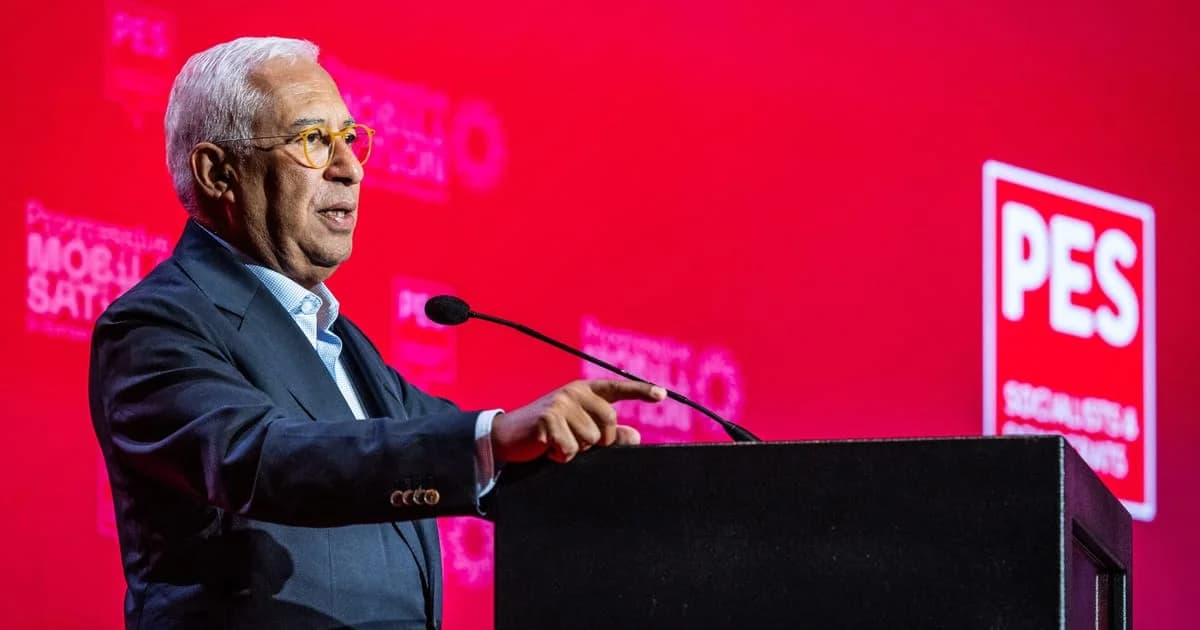AI-Generated Summary
Context of the Housing Crisis
The article, published by POLITICO and authored by Aitor Hernández-Morales, addresses the urgent and escalating housing crisis in Europe. For years, the European Union (EU) has avoided taking responsibility for housing policies, treating it as a matter for national and local authorities. However, the recent surge in housing prices and the rise of far-right political movements have prompted EU leaders to reconsider their stance and take action.
Shift in EU Policy
At a recent European Council summit, national leaders acknowledged the necessity of a unified EU response to the housing crisis. European Council President António Costa emphasized the importance of collaboration among European leaders to address housing affordability, marking a significant institutional shift. This summit is notable as it is the first time that EU leaders will discuss housing policy at such a high level, indicating a commitment to tackle the issue more seriously.
Historical Context
Historically, the EU's response to rising housing prices has been limited to symbolic gestures, such as the 2017 European Pillar of Social Rights, which asserts the right to decent housing without providing concrete solutions. The new focus on housing policy began leading up to the 2024 European Parliament election, where center-left groups urged the EU to prioritize this pressing issue. As a result, Commission President Ursula von der Leyen appointed Denmark’s Dan Jørgensen as the first dedicated housing commissioner, indicating a shift toward more proactive measures.
Upcoming Initiatives
Jørgensen plans to introduce the EU's Affordable Housing Plan by December 2025, along with an initiative regarding short-term rentals in 2026. The European Parliament has also established a special committee to analyze the scope of the housing crisis, with measures expected to be proposed in the coming months. This increased institutional focus suggests that the EU is finally acknowledging housing as a critical issue requiring immediate attention.
Challenges Ahead
Despite the renewed commitment to address the housing crisis, national leaders remain divided on the best strategies for regulation and financial support. Concerns exist regarding speculation in the housing market and the regulation of short-term rentals, creating a potential deadlock in policymaking. The latest draft conclusions from the summit describe the crisis as "pressing," yet they only call for the Commission to present its Affordable Housing Plan, reflecting the complexity of reaching a consensus.
Local Leaders’ Perspectives
Local leaders, such as Barcelona Mayor Jaume Collboni, have expressed the need for the EU to take decisive action against the housing crisis, which they see as a major source of social inequality. In an open letter signed by 19 politicians from major EU cities, they urged the EU to provide a clear mandate for the Commission to develop an Affordable Housing Plan that includes agile funding, regulatory tools, and decision-making capacities for local authorities.
Conclusion
The European Council summit signifies a pivotal moment in the EU's approach to housing policy. As leaders grapple with the complexities of addressing the housing crisis, the need for constructive and cooperative solutions has never been more critical. The ongoing dialogue may pave the way for sustainable housing policies that prioritize affordability and accessibility across Europe.
